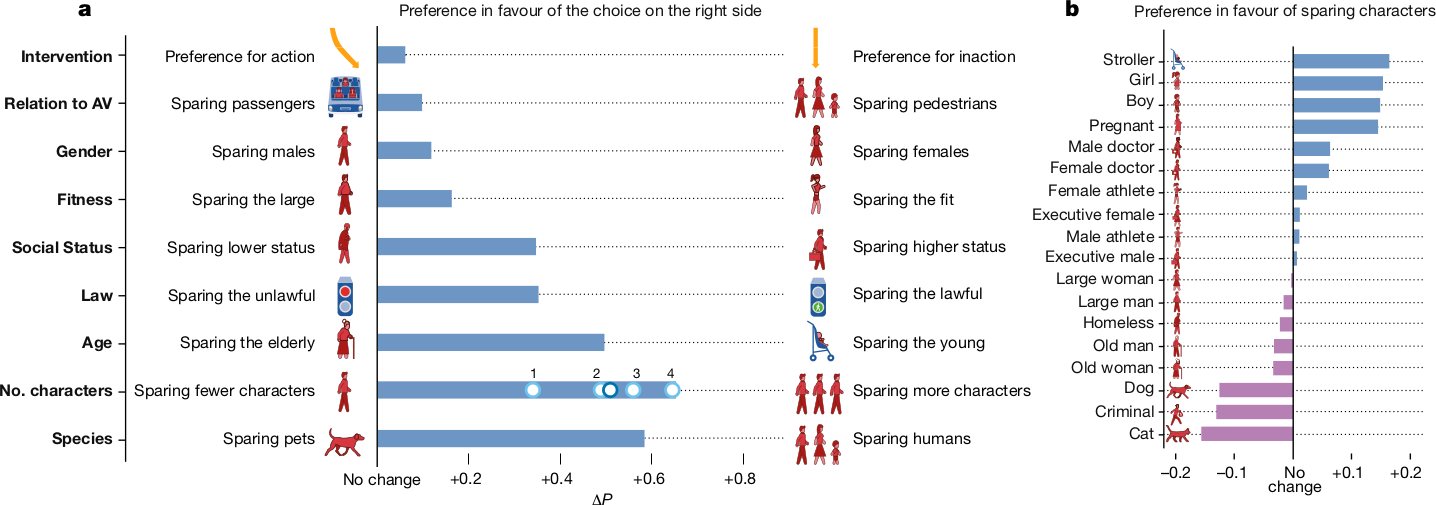… I haven’t written part two of this, leaving you hanging for almost a year?! Unacceptable!
Since it’s been a while, a quick recap of the story so far: a Deathlord said FtB was a scam, Frankenstein’s monster asked the dead if that was true, and when there was no reply told everyone to pretend “freethoughtblogs.com” didn’t exist. Along the way I also introduced you to Elizabeth, four-digit numbers, pools, corporate mergers, and resolvers.
All clear? Good, now we can discuss ways to prevent the February outage from happening again.


